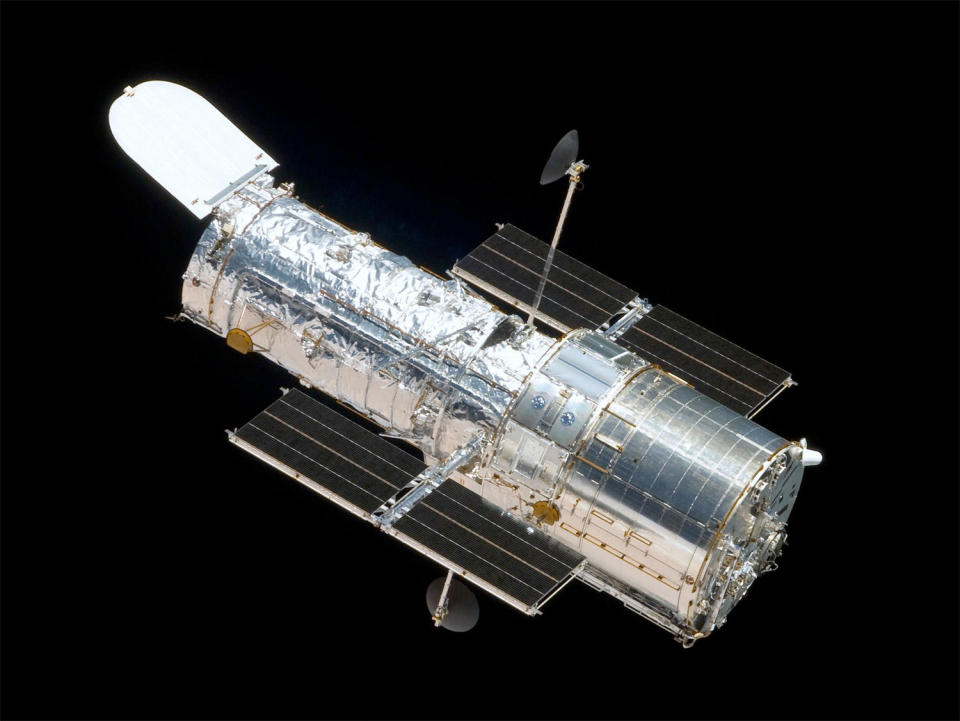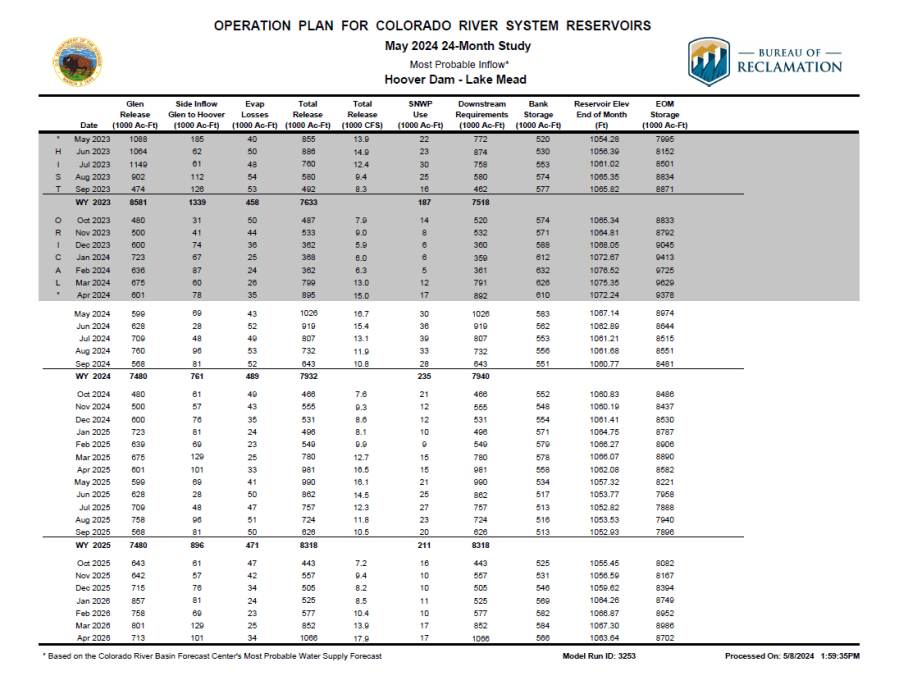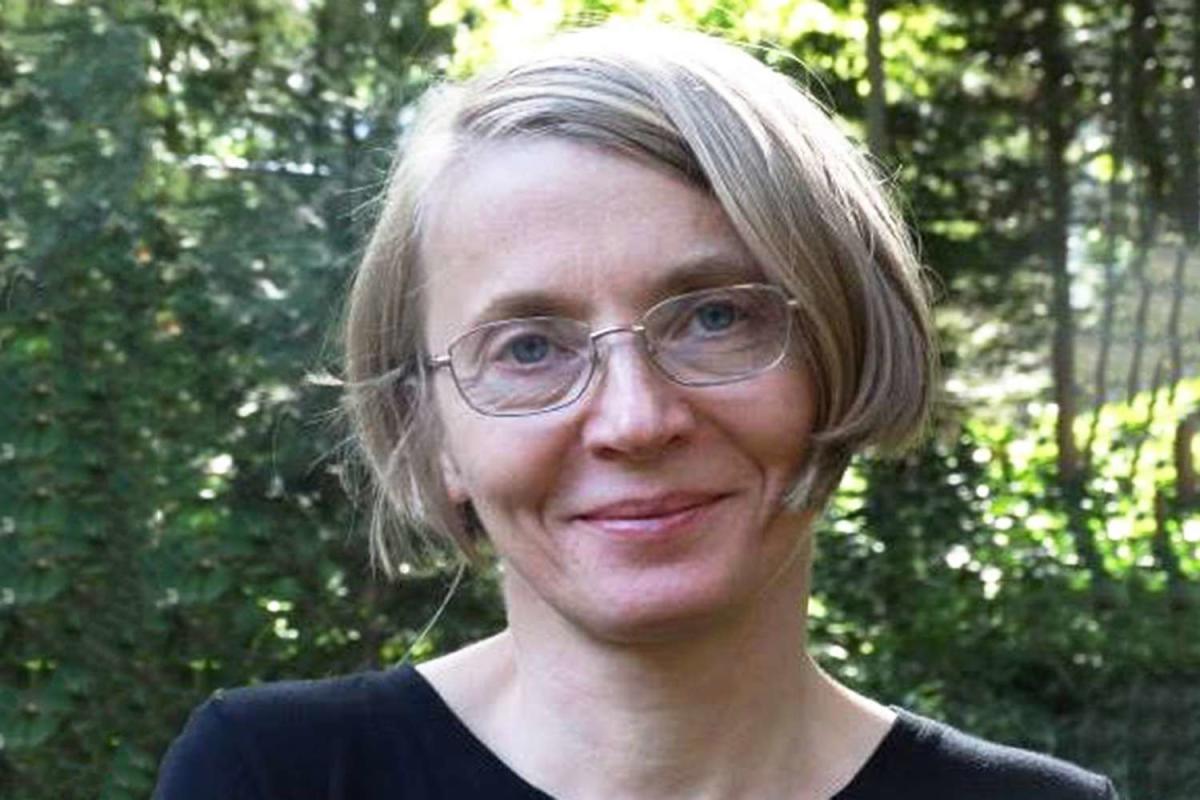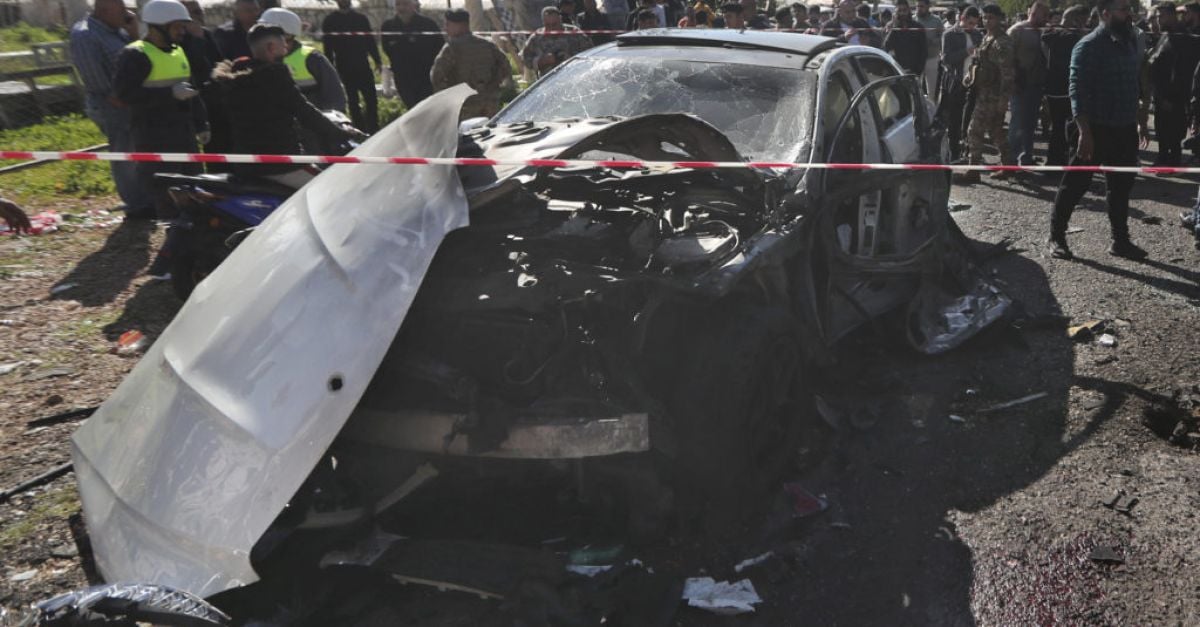“It’s kind of like the end of the world.”
That’s how Ryan Milligan from Ardglass in County Down has described experiencing a total solar eclipse.
He has previously travelled across Asia, Australia, North and South America as well as Africa to see a solar eclipse at first-hand.
The self-declared ‘eclipse-chaser’ is in Mexico with the hope of witnessing the phenomenon for a 12th time on Monday.
A solar eclipse happens when the Earth’s Moon moves between it and the Sun.
If all three are aligned, the Moon casts a shadow on the Earth.
Mr Milligan, a former truck driver and fish-factory worker, has worked for Nasa and is now a senior lecturer in astrophysics.
Speaking to BBC News NI from Mexico, he described the eclipse experience as “really visceral”.
He said: “It’s kind of like the end of the world.
“You can imagine how civilisations in the past might have been terrified at the prospect of a solar eclipse.
“Now we understand them a bit better. They’re really a unique way to feel the position of the Earth in the solar system and to see the magnificence of the outer solar atmosphere known as the corona.
“It’s that thrill to see a solar eclipse that inspires us chasers to go literally to the ends of the Earth,” he added.
Mr Milligan saw his first total eclipse in Turkey in 2006.
He said “nothing compares to the adrenaline rush of being on the path of totality” when the Moon covers all light from the Sun and darkness fills the sky.
Mr Milligan also said the temperature drop adds to the excitement.
“You get these sunsets in the middle of the day, animals go to sleep, stars come out,” he explained.
“The hairs go up on the back of your neck, the adrenaline kicks in because your brain is trying to process what is happening.
“In Mexico, we are probably expecting a 10 to 15 degree drop.
“Imagine you are out in your T-shirt enjoying the sunshine and suddenly you want to put a jacket on, it’s that noticeable a drop.
“It adds to the thrill of the experience.”
Why Mexico?
The 48-year-old has carefully identified Mazatlán, Mexico, on the Pacific coast as his prime location, turning down tourist hot spots such as Niagara Falls where a state of emergency has been declared due to the crowds expected.
He said the weather was always the “ultimate factor”.
“I’ve been planning for the guts of a year, because it goes over such populated areas.
“You also need to sort out maps of the eclipse path and make sure you’ll be in the optimal location and then try and have a Plan B or plan C just on the off chance the clouds do roll in,” he added.
When is the next total solar eclipse?
The next total solar eclipse is expected in August 2026 but it will be a little closer to home.
“Europe hasn’t really had a full total solar eclipse since 2015 and that one only went over the Faroe Islands and Svalbard,” Mr Milligan said.
“That year I went to the Faroe Islands and of course the north Atlantic weather got the better of us and we were clouded out. We didn’t get to see totality and it was very disappointing.
“Europe’s been deprived of total solar eclipses for a number of decades now and I’ve had to travel all over Asia, Australia twice, South America twice, North America twice, even Africa, to see these things.
“Having one in your own back yard in a couple of years will be really something to look forward to.”
Signup bonus from





